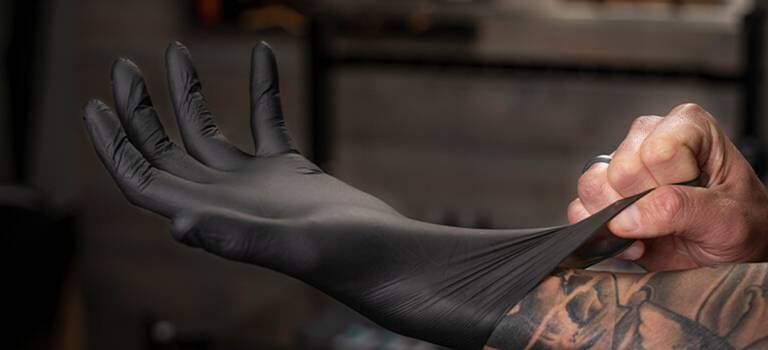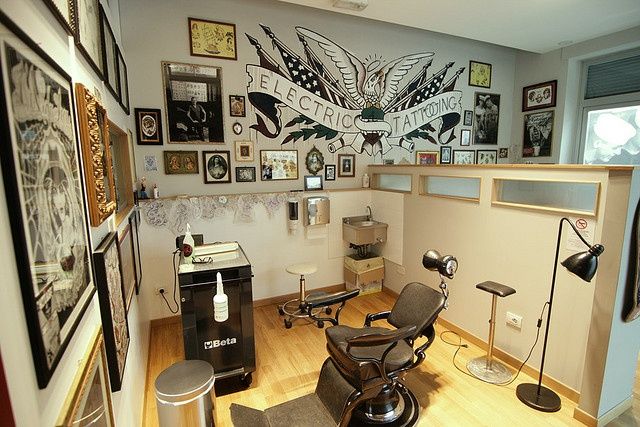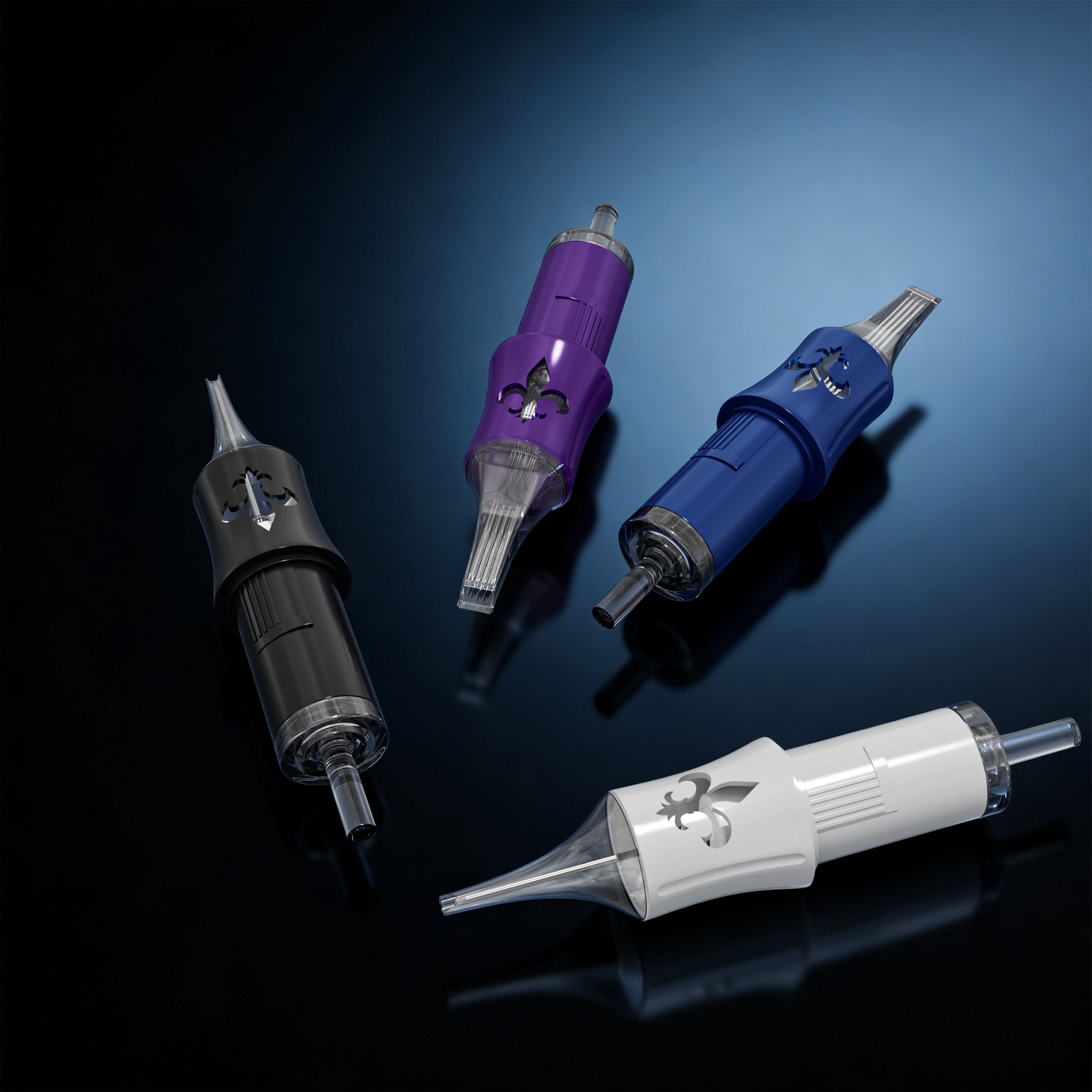Opening your own tattoo studio is a dream for many artists—but before the ink hits the skin, there’s a long list of legal and regulatory boxes you need to check. From health department approvals to tattoo consent forms, understanding the legal side of the business is crucial to your success—and to staying out of trouble.
Whether you’re launching a new studio or going solo as an independent artist, here’s a full breakdown of everything you need to stay compliant, professional, and protected.
Business Licensing and Permits
Business License
Every tattoo studio must first obtain a business license from the local city or county government. This license legally allows you to operate as a business in your area.
Tattoo Establishment License
Most regions (especially in the U.S., UK, Canada, and Australia) require a tattoo establishment license issued by the health department. This involves:
- Facility inspection
- Sanitation protocols
- Bloodborne pathogens training certification
- Biohazard disposal plans
Without this license, your studio may be fined or shut down—so it’s step one.
Artist Certification
In addition to licensing the studio itself, individual tattoo artists often need personal certification or registration. Requirements vary by location, but usually include:
- Completion of a bloodborne pathogens course
- First aid & CPR certification
- Age verification (usually 18+)
Some jurisdictions require apprenticeships or a minimum number of hours logged under supervision.
Tattoo Consent and Waiver Forms: What You Must Have
This is one of the most critical areas of tattoo law. Before tattooing any client, you must have them sign a tattoo consent form and/or tattoo waiver.
What Is a Tattoo Consent Form?
A tattoo consent form is a legal document where the client acknowledges:
- They are of legal age
- They understand the risks involved (infection, allergic reaction, pain, etc.)
- The design is correct and final
- The tattoo is being done voluntarily
A basic tattoo consent form usually includes:
- Full name and signature
- Date of birth and age verification
- Description or image of the tattoo
- Artist name and studio info
What Is a Tattoo Waiver Form?
A tattoo waiver form (or tattoo release form) protects you—the artist and business owner—from legal liability. It ensures the client agrees not to sue the studio for minor reactions, design dissatisfaction, or healing-related issues, provided you’ve done everything professionally.
Best practice: Use a combined tattoo consent and waiver form for all appointments.
Do I Need a Tattoo Consent Form PDF?
Yes. Having a tattoo consent form PDF or a tattoo waiver template is extremely helpful for consistency and record-keeping. You can print it, send it digitally, or use e-signature tools like DocuSign or JotForm.
Age and ID Requirements
Most states and countries legally prohibit tattooing anyone under 18—even with parental consent. In some areas, minors can get tattoos with notarized permission and in the presence of a guardian, but this is rare.
Always check government ID and record it on the consent form.
Health & Safety Compliance
Your studio must meet strict sanitation standards. Inspections are often unannounced, so cleanliness must be consistent.
Legal Health Requirements Usually Include:
- Separate clean and dirty areas
- Autoclave sterilization or single-use disposable needles

- Proper disposal of sharps and ink caps
- Surface disinfectants and handwashing stations
- Use of gloves, barrier film, and PPE

Studios may also be required to keep records of:
- Equipment maintenance logs
- Waste disposal tracking
- Ink batch numbers and expiration dates
Aftercare Instructions (Also Legally Required in Many Areas)
Many health departments require you to provide printed or digital tattoo aftercare instructions to every client.
This protects your client and also shields you from liability if the tattoo becomes infected due to poor care—not due to your tattooing process.
Pro tip: Include a signature on the tattoo release form acknowledging that aftercare instructions were received.
Insurance and Legal Coverage
Recommended:
- Liability Insurance – In case someone has an allergic reaction or claims injury.
- Property Insurance – For your equipment, machines, furniture.
- Business Interruption Insurance – In case of forced shutdowns (e.g., due to fire or public health orders)
Optional: Work with a lawyer to customize your tattoo waiver template to local laws.
Record-Keeping and Storage
Legal protection also means good documentation. You must securely store:
- Client consent/waiver forms (for at least 2–5 years)
- Copy of ID verification
- Tattoo design stencils or mockups
- Signed aftercare acknowledgment
Some studios go digital and manage this through tattoo CRM software for easier access.
Signage and Display Requirements
Some jurisdictions require you to post the following visibly:
- Studio license
- Artist license(s)
- Health department certifications
- Age restriction signage
- Aftercare info or QR code access
Having these posted shows professionalism—and protects you in case of legal complaints.
Conclusion: Legal Setup Is the First Tattoo You Must Complete
Before you even pick up a tattoo machine, your first masterpiece should be a legally compliant tattoo studio. That means understanding your licensing obligations, perfecting your consent and tattoo waiver forms, and ensuring that health and safety protocols are followed 24/7.
Whether you’re a solo artist renting a chair or launching your own storefront, taking the time to set up the legal side will protect your career, your reputation, and your clients.









Share:
Ancient Tattoos: 5 Legal & Safety Tips Every New Tattoo Artist Should Know
Tattoo Pain Chart Guide: Where Tattoos Hurt Most and Least (Male & Female)